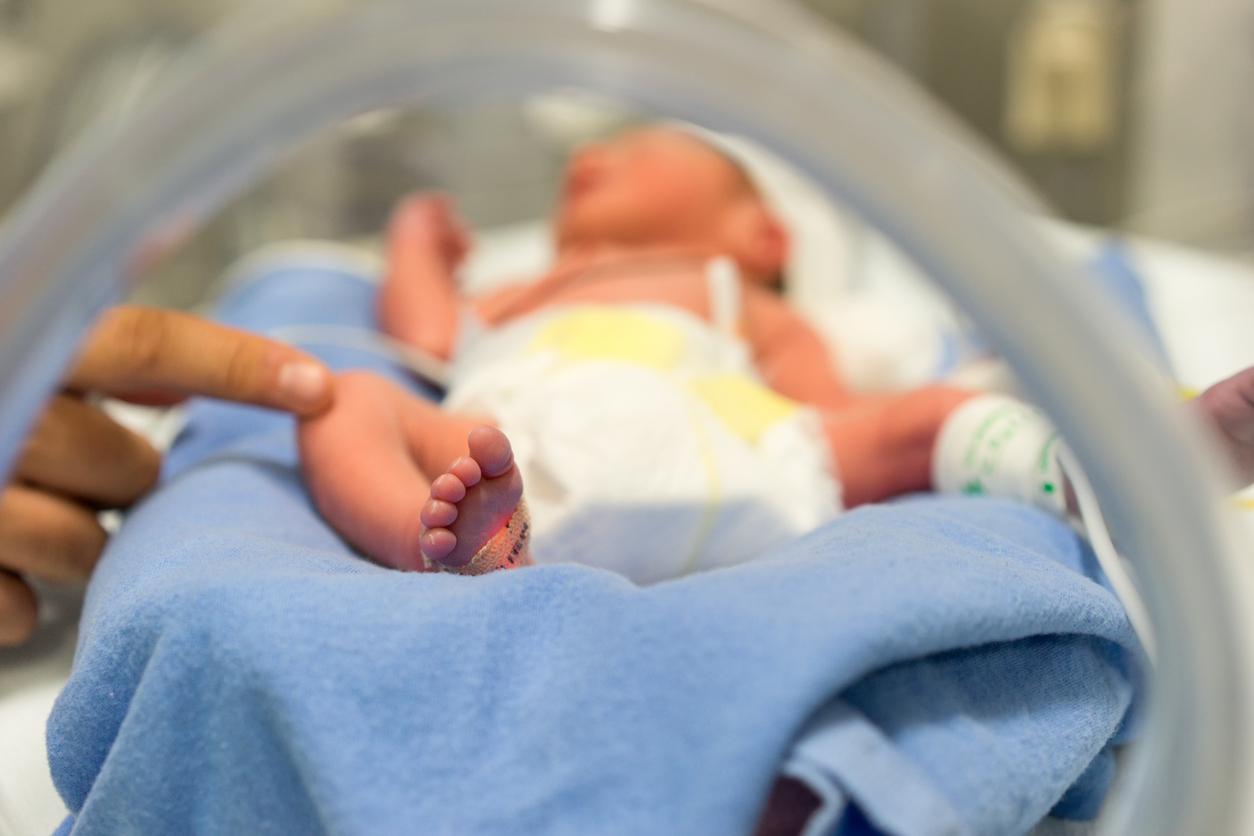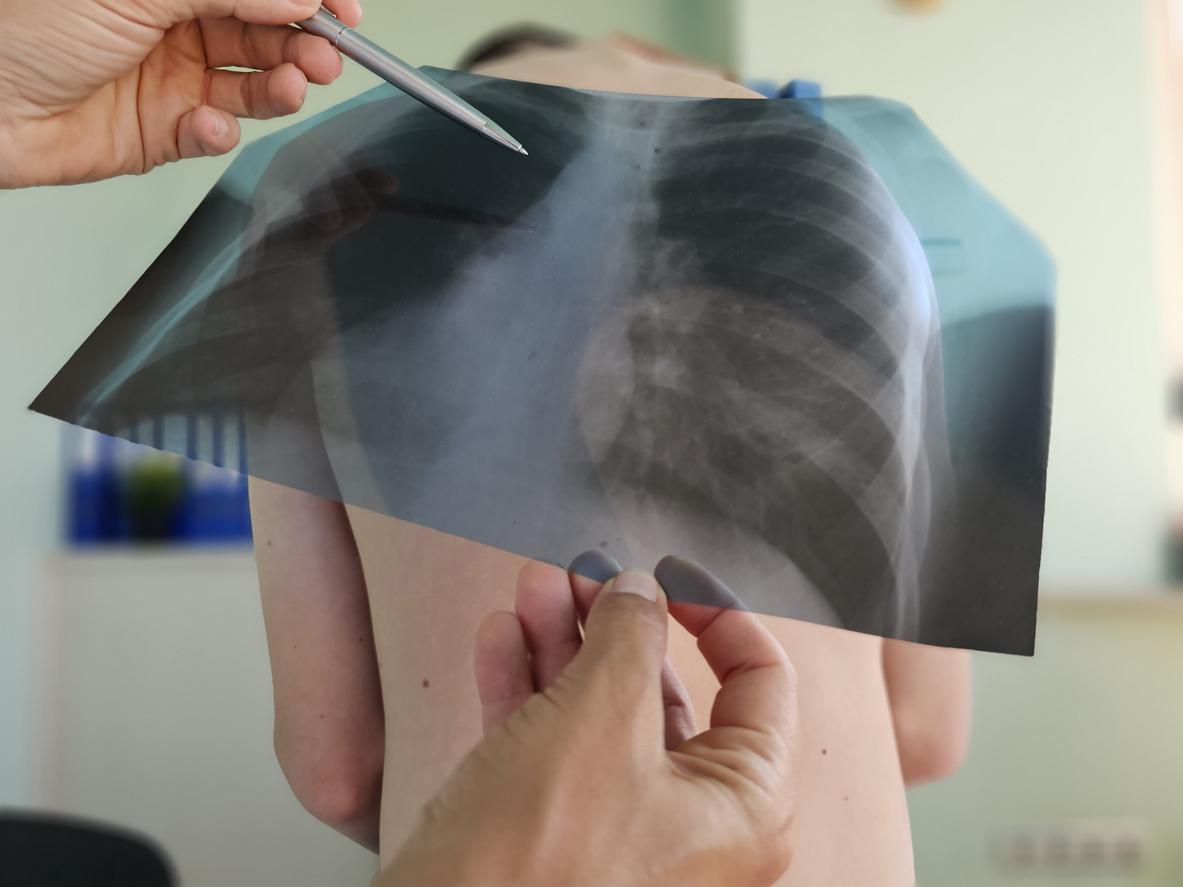Childhood stress changes more genes in the brain than head trauma, a new study suggests.

- A new study, carried out on young rats, highlights the harmful effects of childhood stress on the brain. It changed the activity of more genes in the brain than a head injury.
- Rats subjected to stress early in life showed greater risk taking as adults.
- For the researchers, their results show that it is important to implement prevention strategies for children who have had negative experiences.
Childhood stress is not good for brain development. An Ohio University experiment, conducted on mice, found that it changed the activation level of more genes in the brain compared to a head bump.
The results were presented on November 12, 2023 at the annual conference of the Society for Neuroscience.
Stress: it modifies the brains of newborn rats
For this study, the researchers brought together newborn rats and subjected them to stress by temporarily separating them from their mothers for 14 days. This estrangement has been used to mimic negative childhood experiences. The 15the day, some stressed and other non-stressed animals received a head injury. Three conditions were studied: stress alone, injury alone, and stress combined with brain injury.
The team then examined gene expression changes in the hippocampus region of the animals’ brains using single-cell RNA sequencing. The results showed that stress alone and stress combined with lesions activated certain pathways in neurons that are associated with brain plasticity. That is to say the brain’s ability to adapt to changes. Stress-related changes have led to negative health and behavioral consequences.
Researchers observed changes in signaling related to oxytocin, a hormone associated with maternal behavior and social bonding. Stress alone and combined stress activated this pathway while brain damage alone inhibited it.
“Stress and traumatic brain injury are both linked to abnormal social behavior, but we see these different effects with oxytocin signaling”explains the first author Michaela Breach in a press release. “This demonstrates that the effect of stress could modulate how traumatic brain injury changes the brain since the combined treatment was different from traumatic brain injury alone. Oxytocin is involved in the stress response and repair, which may mean it could be an interesting modulator to pursue in the future.“

Childhood stress promotes risk-taking in adulthood
The study also found that childhood stress can have lasting consequences on individuals’ behavior as adults. Rats subjected to stress early in life were more inclined to take risks, heading towards open spaces more easily than others. Which exposes them more to predators.
“Overall, this suggests that they might take more risks later in life, which is consistent with human data showing that stress early in life can increase the risk of certain conditions like ADHD, which may be characterized by risky behavior or substance use disorders”adds Michaela Breach.
According to scientists, it is essential to deal with adverse childhood experiences and implement prevention strategies to reduce the risk of mental health disorders growing up.
“Things like social support can buffer the effects of stress early in life. This has been shown in animal models and in people”, addlead author Kathryn Lenzassociate professor of psychology at The Ohio State University.

















